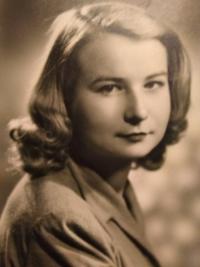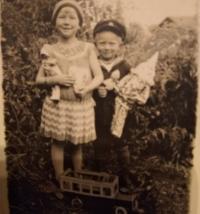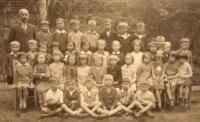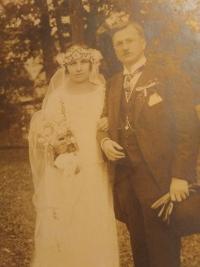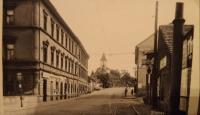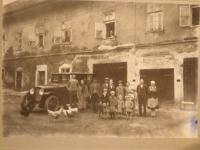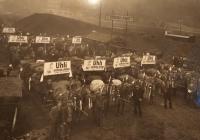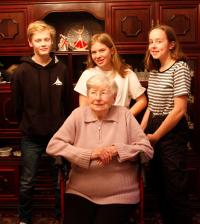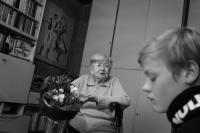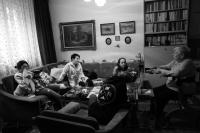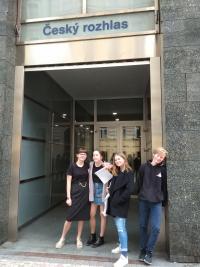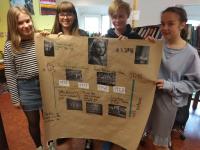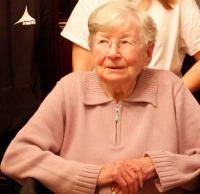That others might rely on me

Stáhnout obrázek
Zdeňka Děrdová, née Belková, was born on 3 February 1926 in Prague-Zlíchov. Her father was a life-long employee of Svoboda & Hynais, a coal wholesaling company. She attended the grammar school in Vodičkova Street, which she completed in 1945. From 1937 she lived in Žitná Street in the newly built Sokol Union building. Her father was the treasurer of the Prague Sokol. In the aftermath of the Heydrich assassination, the Germans scoured the house and found unannounced visitors at the Belkas - a relative with her daughter. Her father spoke perfect German, and so he always managed to come to terms with them. In 1945 the witness was employed at a pharmacy run by Písaříček in Světozor Palace. She remembers who she and a friend scratched off German labels at the end of the war. In 1948 she worked at an insurance company in Klimentská Street and refused to join the Communist Party. Her husband was a doctor; he died twenty years ago. Zdeňka Děrdová is childless.
